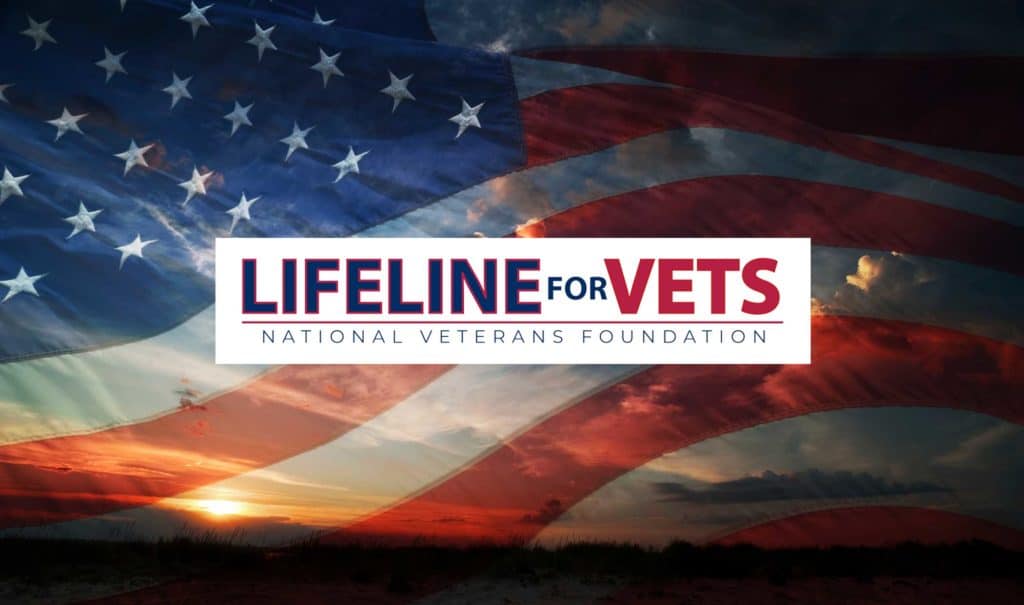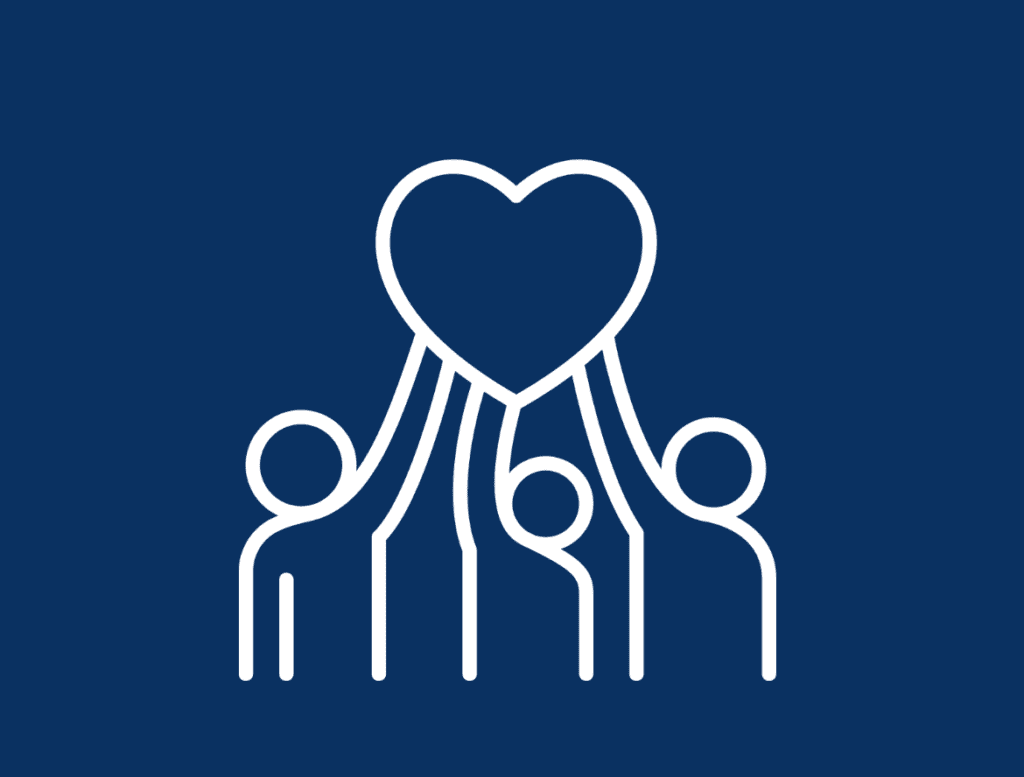“It’s the Most Wonderful Time of the Year”
With a nod to songwriters George Wyle and Edward Pola, this popular holiday song is everywhere in this season. You hear it in malls, in elevators, on the radio and TV. The lyrics hit all the bases: gatherings of friends and family, music, memories. People seem to soften somehow, become a little kinder at this time of the year. It’s a busy season, too. Once-a-year traditions are fitted into our already busy lives. Is the pace stressful? Sometimes. But there are compensations. If…
If you have family, if you are connected to friends, if you have housing, food, medical care.
Not all of us do. Especially some veterans. Unwelcome memories can have a hard edge to them. Memories of lost comrades, lost innocence can be overwhelming. A vet already struggling to find a place in society can feel even more isolated. The distance between a vet’s inner world and what he or she perceives as the outer world grows exponentially. At the National Veterans Foundation LifeLine for Vets, we experience the highest volume of calls at this time of year, and they come from vets of all ages.
The thing about feeling isolated is that it builds on itself. You begin to feel like you’re looking at life around you through the wrong end of a telescope. Easy to become more and more lost. And that can have terrible consequences. Interestingly, suicide rates tend to be higher in spring and summer. That doesn’t mean that the slide toward that option started then. 22 a day. Still. (And that piece of research didn’t include states with the largest populations of veterans: California, Texas, Arizona and North Carolina.)
In addition, there’s a spike in the rate for male veterans aged 18-25, and also a spike in the rate for female veterans.
Community-based charities can provide food and shelter. The VA and some community clinics can provide medical care, but there’s a critical element that can only be provided by human contact. It can be as simple as offering a smile or some small courtesy; as simple as eye contact to show a willingness to engage or an ear to listen to a vet’s story. One-on-one. Nothing takes the place of that. We see it all the time on our vet-to-vet LifeLine.
One of the ways we humans take care of each other is to acknowledge each other, to express a willingness to connect. It’s humane. It distinguishes us. It could, ultimately, save a life. And it’s easy. Try it.
Start with a vet you know. Ask to hear the story. Then branch out. If you know a vet who needs help, here’s our number 888.777.4443.
You can be a part of our mission to help Veterans by making a tax-deductible donation!
About the Author
SUBSCRIBE TO OUR BLOG AND NEWS!
By submitting this form, you are granting: NATIONAL VETERANS FOUNDATION INC permission to email you. You may unsubscribe via the link found at the bottom of every email. (See our Email Privacy Policy for details.)
Related Posts




